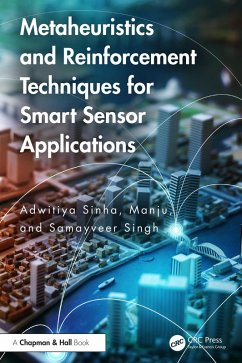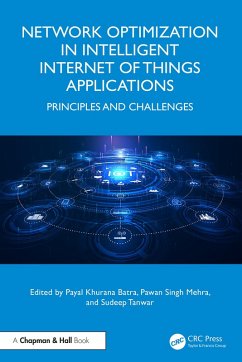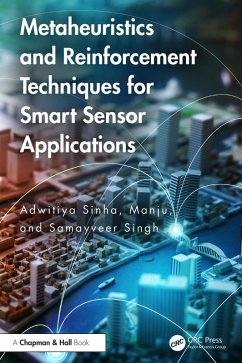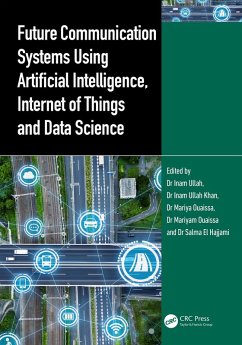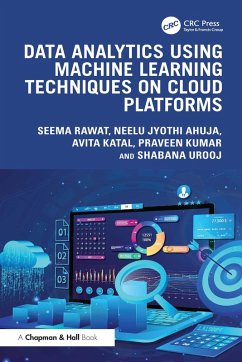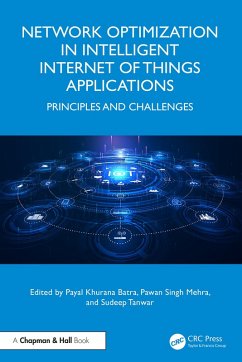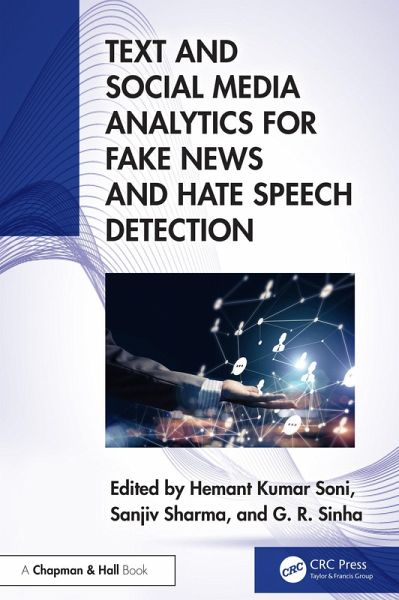
Text and Social Media Analytics for Fake News and Hate Speech Detection (eBook, ePUB)
Versandkostenfrei!
Sofort per Download lieferbar
55,95 €
inkl. MwSt.
Weitere Ausgaben:

PAYBACK Punkte
28 °P sammeln!
Identifying and stopping the dissemination of fabricated news, hate speech, or deceptive information camouflaged as legitimate news poses a significant technological hurdle. This book presents emergent methodologies and technological approaches of natural language processing through machine learning for counteracting the spread of fake news and hate speech on social media platforms. Covers various approaches, algorithms, and methodologies for fake news and hate speech detection Explains the automatic detection and prevention of fake news and hate speech through paralinguistic clues on social m...
Identifying and stopping the dissemination of fabricated news, hate speech, or deceptive information camouflaged as legitimate news poses a significant technological hurdle. This book presents emergent methodologies and technological approaches of natural language processing through machine learning for counteracting the spread of fake news and hate speech on social media platforms.
The text is for professionals and scholars of various disciplines interested in fake news and hate speech detection.
- Covers various approaches, algorithms, and methodologies for fake news and hate speech detection
- Explains the automatic detection and prevention of fake news and hate speech through paralinguistic clues on social media using artificial intelligence
- Discusses the application of machine learning models to learn linguistic characteristics of hate speech over social media platforms
- Emphasizes the role of multilingual and multimodal processing to detect fake news
- Includes research on different optimization techniques, case studies on the identification, prevention, and social impact of fake news, and GitHub repository links to aid understanding
The text is for professionals and scholars of various disciplines interested in fake news and hate speech detection.
Dieser Download kann aus rechtlichen Gründen nur mit Rechnungsadresse in A, B, BG, CY, CZ, D, DK, EW, E, FIN, F, GR, HR, H, IRL, I, LT, L, LR, M, NL, PL, P, R, S, SLO, SK ausgeliefert werden.





